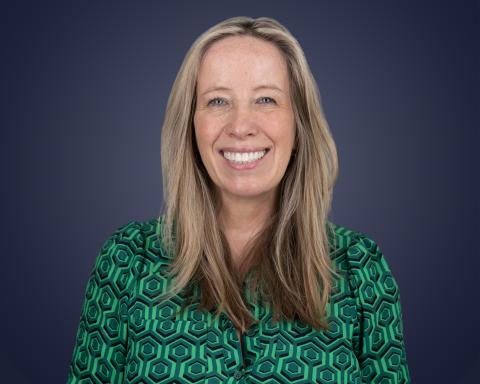François Godard was quoted in Frankfurter Allgemeine on "Perhaps the most successful TV show in the world"
2 February 2026“In this business, they say: sports sell subscriptions, entertainment prevents cancellations,” says François Godard. He is an analyst for the sports rights market and advises companies like DAZN and Sky, as well as the German Football League (DFL). Pay TV without sports rights is difficult, he says. In an industry where everything is now available on demand, a product that still consists primarily of live events is very valuable. Events that no one wants to miss. Sports are the perfect bait for subscribers.

